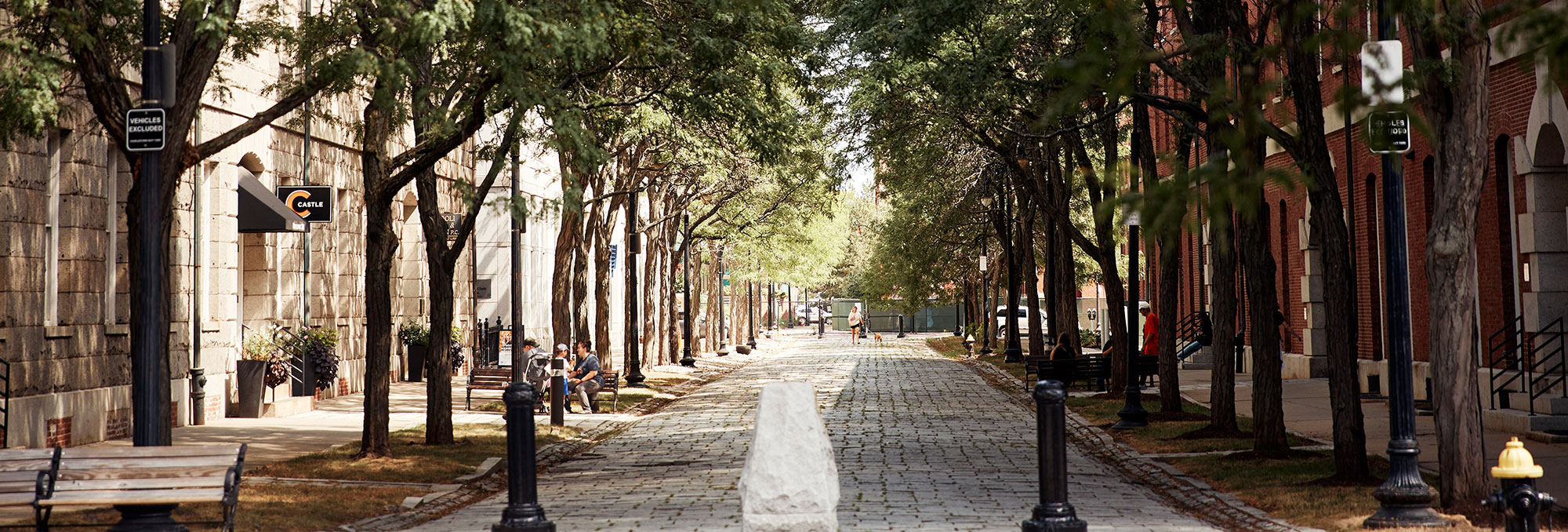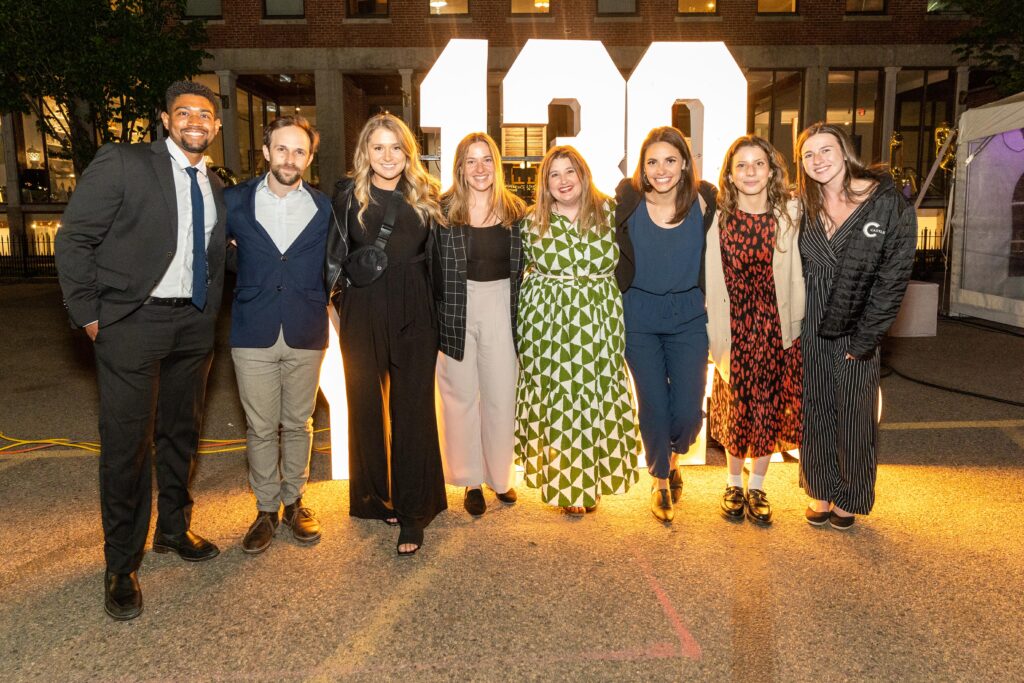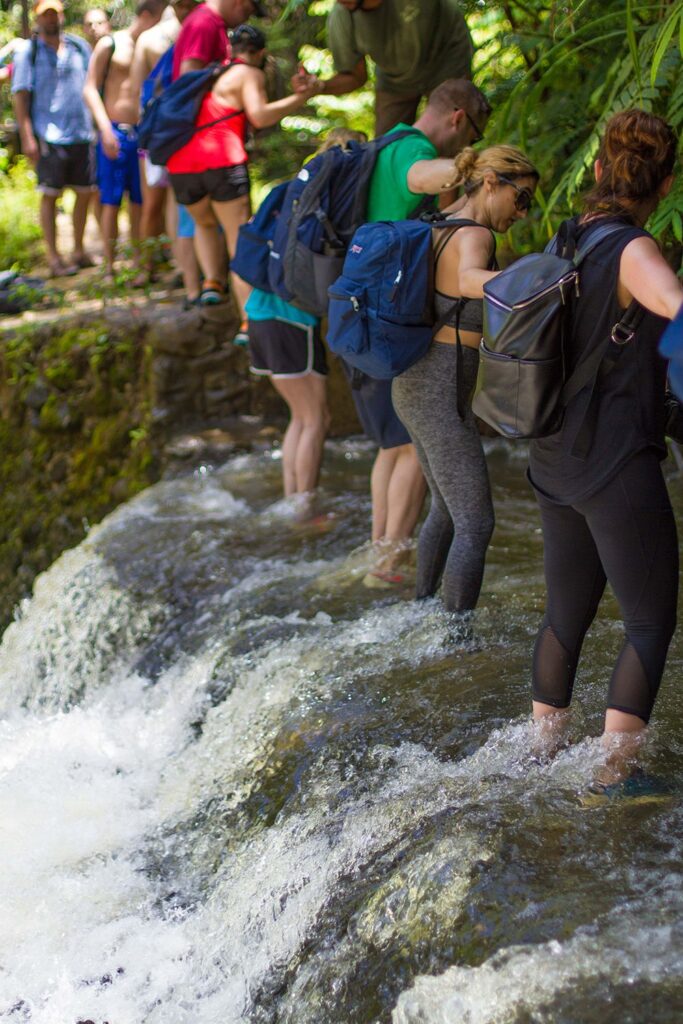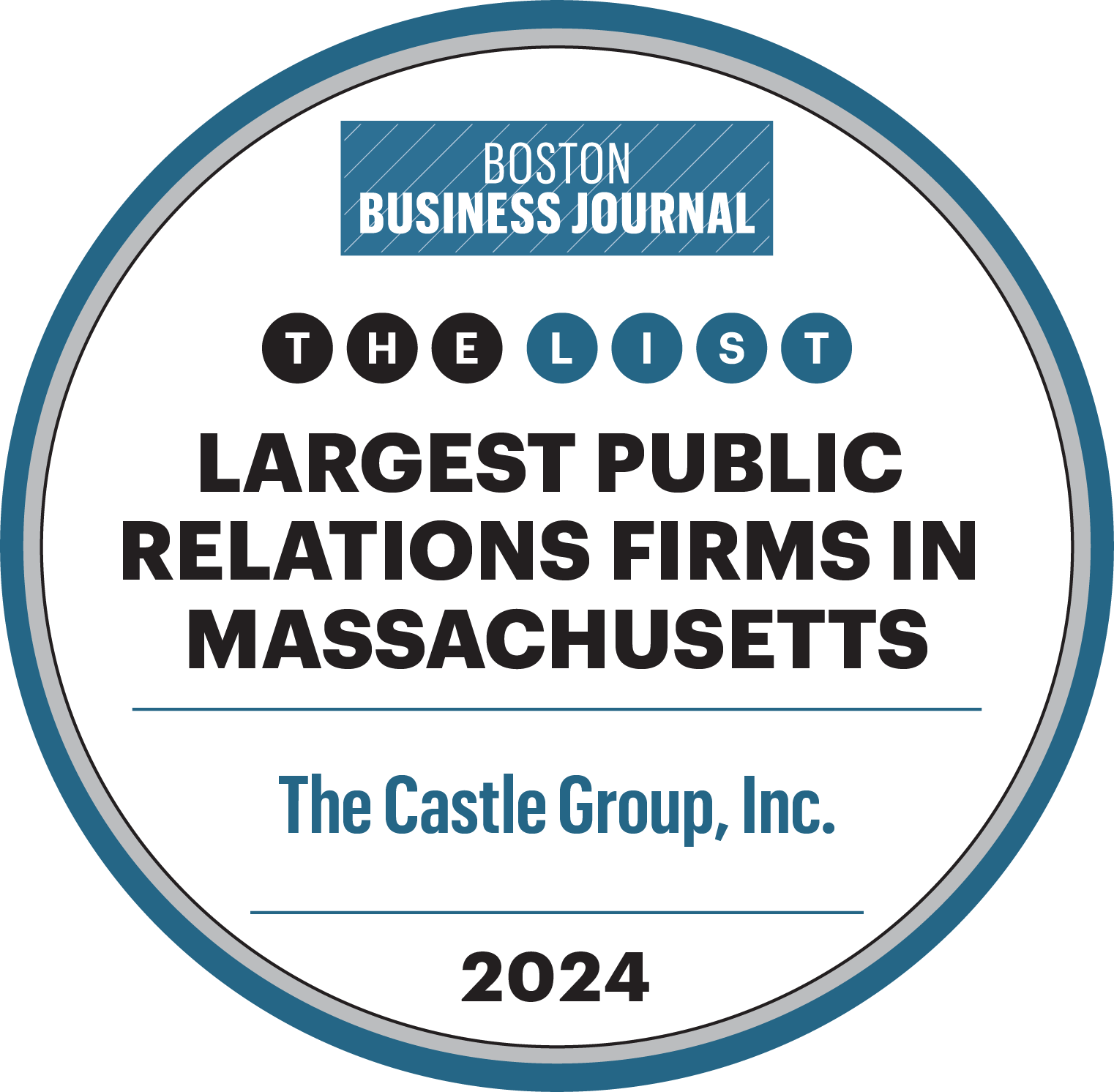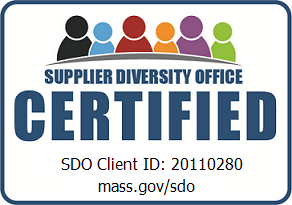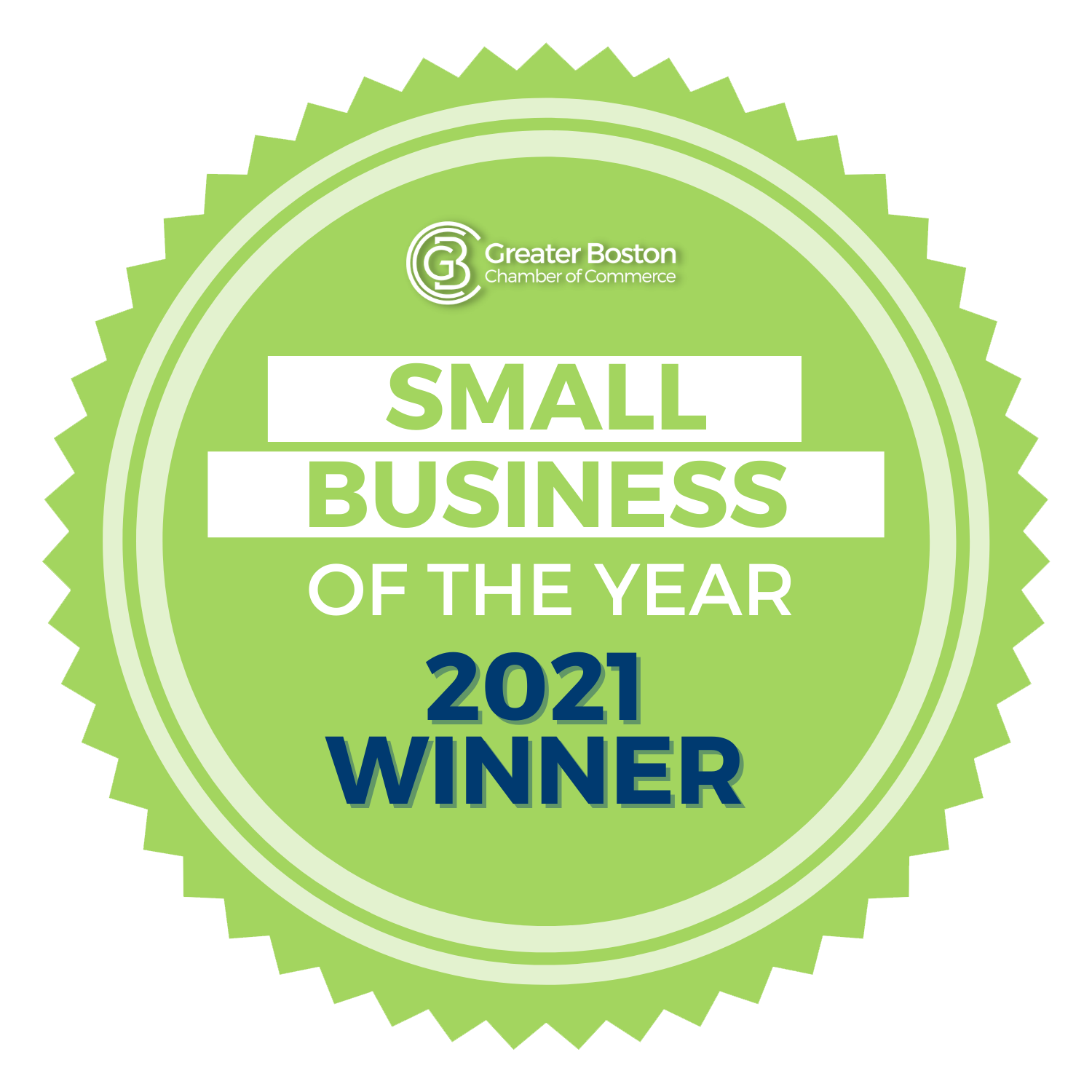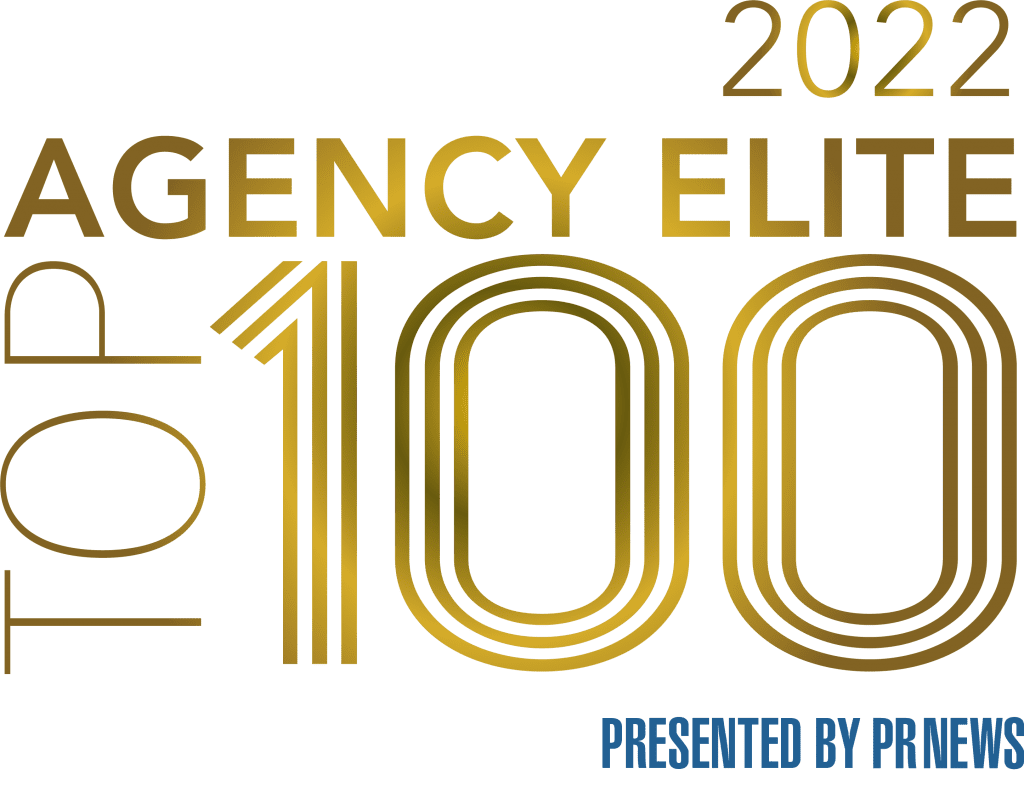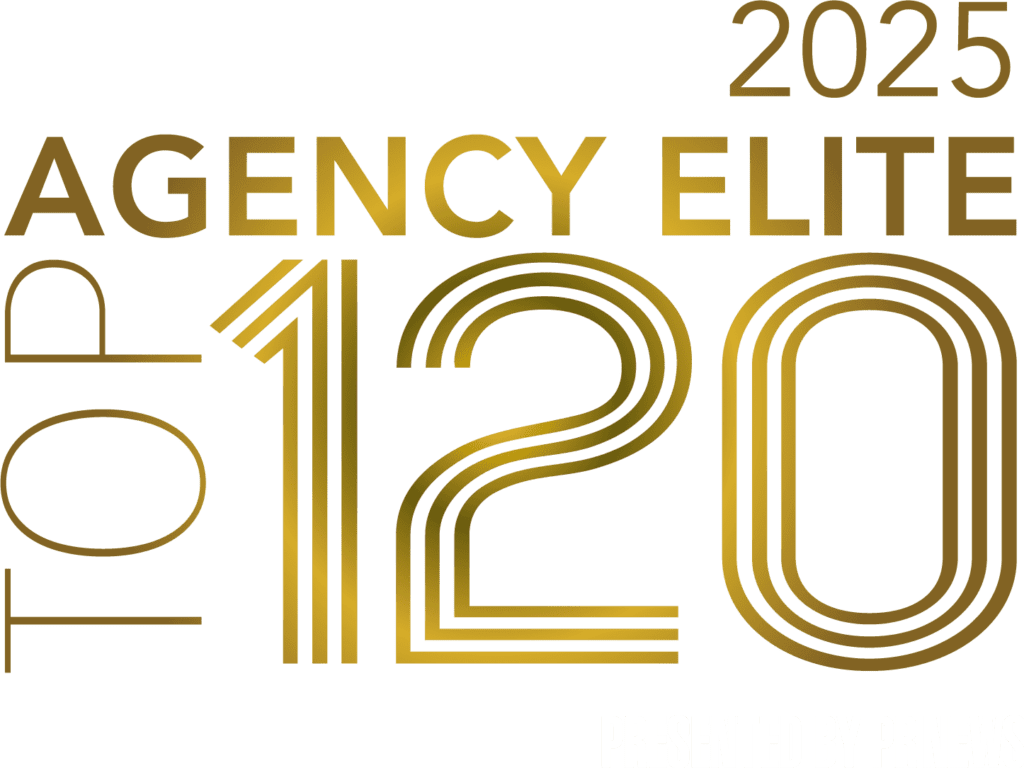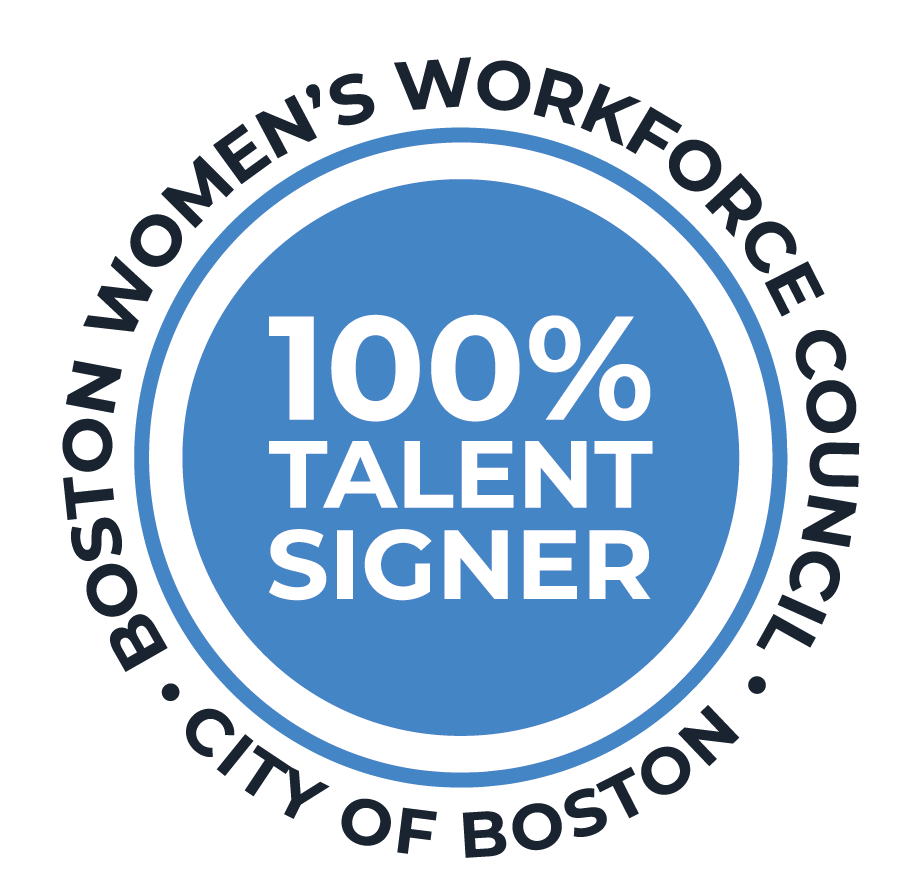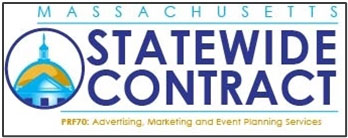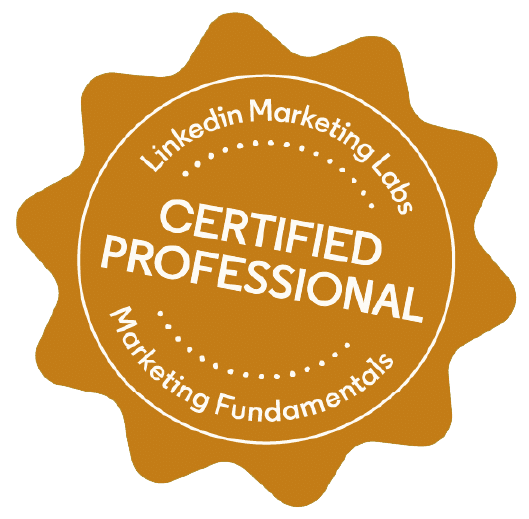Below is the second post of a two-part blog on communications during a school sexual abuse crisis. You can read Part One here.
Communications Materials
Communications, legal and risk management are inextricably linked in these matters, and need to work as a team. The communications plan needs foundational materials, all of which should be reviewed and approved by legal counsel to ensure they won’t create any risk down the line. First, a holding statement, which is needed immediately in case of a leak. This is critical in being prepared for the unexpected phone call with a solid, truthful and confident statement, even if, as if often the case when these things happen, much is still unknown.
We also very quickly want to put together a Q and A so that everyone has the same information and can speak with a consistent voice. A word about the Q and A: I’ve sometimes seen clients try to eliminate the difficult questions from the Q and A. It’s important to remember that this internal document is necessary to be prepared for all questions, not just the ones you’re comfortable with, so we need to create answers for everything that could arise.
Once these two documents are complete, and we’ve decided upon the communications strategy, other tactical elements likely include community letters, social media posts, website content, updated statements and campus presentations. Assume that everything produced will immediately find its way into a reporter’s hands and will appear on social media as well.
When the story becomes public, we have to manage media relations. Whether we like it or not, remember that these can be salacious stories that are appealing from a media standpoint. We try to determine how likely the media is to care, and also which media are most likely to cover this–locally, nationally, even internationally, depending on the situation. We also look at existing media relationships and, within our strategy, how proactive and open we want to be with one, some or many of the media. With independent schools, unlike many other “industries” we work with, there is a very specific primary audience. While the media certainly reach and influence that audience, it’s most important for the school to reach its own audience first and regularly, and not let them hear it through the media first. The average mass media consumer may not ever be a primary concern for the school. Even though it can be painful and distracting to see the matter play out on a wide stage, it may not affect the school’s business objectives if those close to the institution feel well informed, although broad reputational risk is not something to take lightly.
News Cycle
It’s important to anticipate how this may play out in the media. The first thing that will happen is a breaking news story. This is typically fast, as the media want to be first with a scoop. Depending on the situation, that may be the end of it. But with complicated matters—trials, lawsuits, police involvement or new allegations (which often surface after the first allegation becomes public)—there can be much more, including:
- “Day two”/ongoing stories—deeper insight, more facts, additional sources
- Online reader comments—which can shed some light on public perception
- Expert commentary—experts who want their own publicity extend the news cycle by promoting their own insights
- Trigger events—legal proceedings, leadership transitions
- Wire services—an AP story can extend the reach to every corner of the globe
- Long-leads—lifestyle publications such as Vanity Fair can take time to probe more fully and can pop up months after the publicity has de-escalated
- TV tabloid and fictionalized drama—We’ve seen programs like “Dateline” and “Law and Order: SVU” extend the stories in the category of “infotainment”
Social Media
All of this, of course, is affected by, and creates, social media challenges. In the planning phases, it’s critical to assess all social media channels, both public and private, connected to the school. Monitoring should be set up to stay abreast, in real time, of how information may be playing out and what sentiments exist.
Clients always want to know how to handle social media during these crises. I’ve recently done two panel presentations for independent school trade organizations on that topic alone. The bottom line is that there is no one-size-fits-all answer. It’s important to watch and listen, but not be too quick to engage. Schools should remove any posts that violate school policies but not posts that are simply critical. It can be effective to reach out to individuals and try to take conversations off-line. Many times, angry people simply want to be heard or have misinformation that’s fueling their ire. There are times when it makes sense to post information on a website or build a microsite, and then tweet or post links to that information.
The most important thing is keeping the community informed with accurate information, and following through on promises for updates and next steps.
The Spotlight situation was unique. The Globe team was high-profile due to the “Spotlight” movie and Oscars, and the important work it had done relative to sexual abuse and the Catholic Church. Because, unlike the Catholic Church situation, the many institutions knew this report was coming, many took control over their own messages and communicated with their communities in advance of the press. One can argue that this took some of the thunder away from the Globe—it perhaps didn’t break all of the stories it would have liked to. But it can’t be argued that at the end of the day, both the Globe and the schools who were proactive and forthright in their communications did the right thing bringing this topic to light. Because of that work, there is more potential to heal victims, prevent further abuse and reckon with perpetrators. As a former journalism student and a PR person, I see that as a win for both camps.



